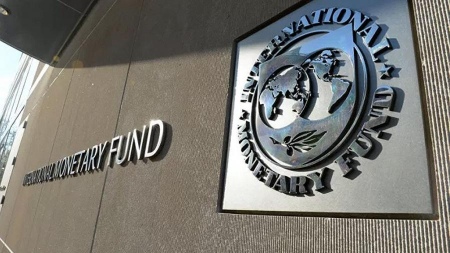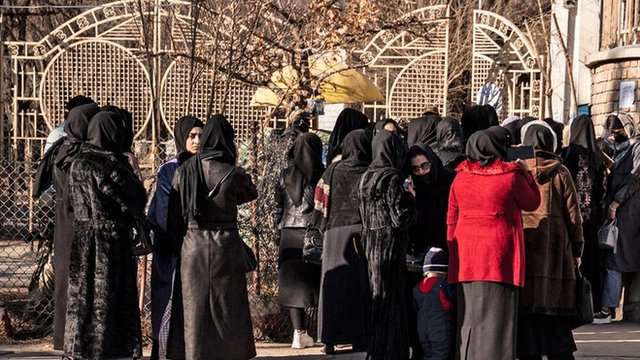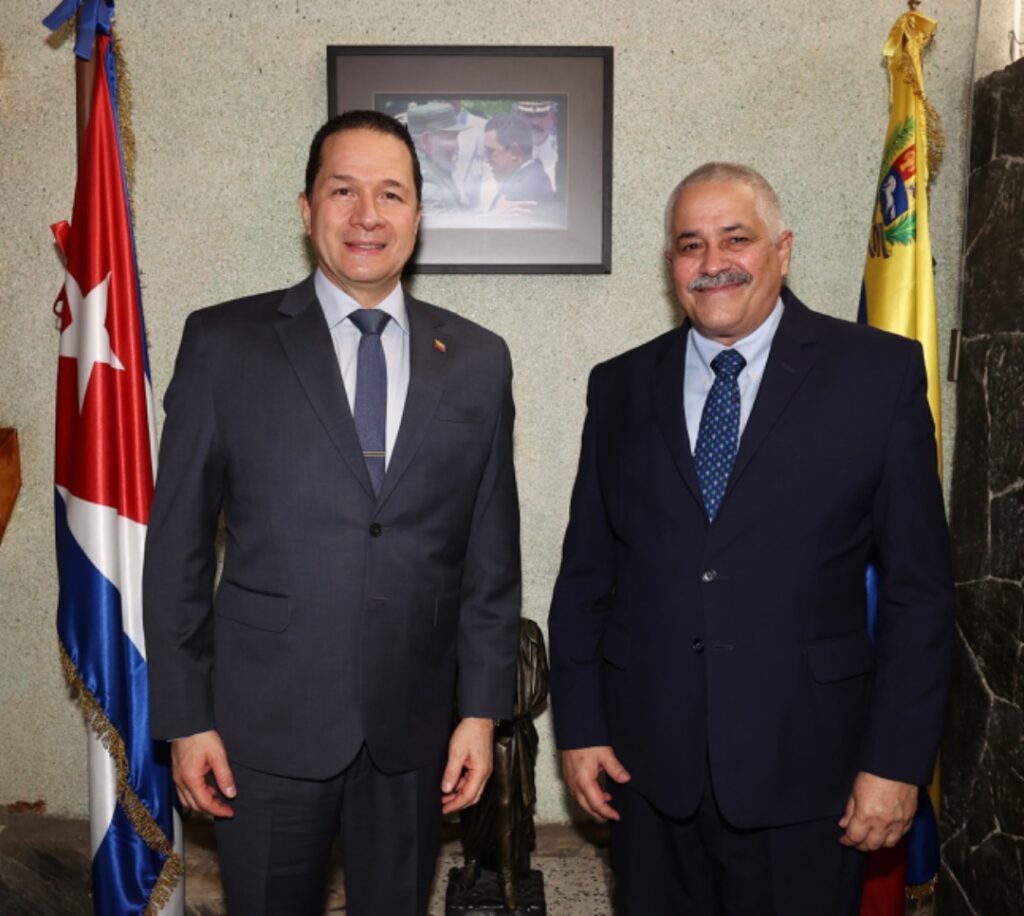The Board of Directors of the International Monetary Fund (IMF) approved the revision of the goals for the third quarter of the Extended Facilities Agreement with Argentina and released the “immediate disbursement” of 4,500 million SDRs, equivalent to about US$ 6,000 million, reported the multilateral organization in a statement.
This outlay It was reflected in the increase in the international reserves of the Central Bank, which went from US$39,052 million to US$43,263 million in the last 24 hours.
In this way, since the agreement was finalized last March, andThe agency disbursed around US$23.5 billion, most of which was used to pay the maturities with the IMF for the debt contracted during the government of Mauricio Macri for a total amount of US$45 billion..
“The tighter macroeconomic policies since July are beginning to bear fruit: inflation is moderating, the trade balance is improving, and reserve coverage is gradually strengthening,” said the agency led by Kristalina Georgieva in the statement.
They also noted that given the “more challenging external and internal context, decisive program implementation will be critical to safeguard program stability and objectives”.
According to the agency, the evaluation ruled that “all quantitative performance criteria were met until the end of September 2022, thanks to the prudent macroeconomic management of the new economic team.”
He still acknowledged that they were approved “waivers associated with the introduction of policy measures that gave rise to new foreign exchange restrictions and multi-currency practices” and called for “their reversal when conditions permit”.
“Continued decisive political actions are beginning to bear fruit. In a more challenging external and internal context, the determined implementation of policies, including the tightening of fiscal and monetary policies, is leading to a reduction in inflation, as well as improvements in the trade balance and reserve coverage,” he said. the first Deputy Managing Director and Acting President of the IMF, Gita Gopinath.
About, Gopinath said that given the macroeconomic imbalances and the “fragile” conditions of the Argentine economy, a firm implementation of the program will allow it to function as “an anchor for stability.”.
Regarding the exemptions made in the review, he stressed that exchange restrictions and multi-currency practices “should be avoided and eliminated as soon as conditions allow”, and that for this “macroeconomic imbalances must be addressed”.
“Fiscal consolidation will be needed as budgeted to support disinflation and reserve build-up processes, ease financial pressures, and strengthen debt sustainability. Reducing the primary fiscal deficit to 1.9% of GDP in 2023 and, at the same time, providing space for priority infrastructure spending will require continued efforts,” the IMF directive emphasized.
In this regard, he pointed out that the Argentine government must face a strategy that includes “mobilizing income, strengthening spending controls and, most importantly, improving the targeting of energy subsidies and social assistance.”
“The timely implementation of the measures will be essential to increase credibility,” Gopinath said.
Another of the factors that he addressed was that of positive real interest rates, as an “essential” element to “reduce the persistent high inflation and strengthen the demand for assets in pesos”, which in turn would allow “improvements in competitiveness and reserve coverage, while avoiding reliance on ad-hoc exchange rate incentives and restrictions, as they are not a substitute for consistent macroeconomic policies.”
In that sense, the The official said that price and wage agreements, such as the Precios Justos program and peer reviews, could “play a complementary role as macroeconomic imbalances are addressed.”.
Another of the factors considered “vital” for the IMF is the management of the debt market -to avoid having to resort to issuing money to cover the fiscal deficit-, which is why it entered into a restructuring agreement with the Paris Club, as well as the support expressed by multilateral and bilateral partners “to ensure that financial commitments are met and reserve coverage is strengthened.”
“Continued efforts on the structural front remain key to supporting broader macroeconomic objectives, including through strengthening public financial management, the government debt market in pesos, the AML/CFT framework, the central bank balance sheet, and the efficiency and sustainability of the energy sector,” said Gopinath.
Finally, looking ahead to a 2023 that will include the presidential elections, the IMF official anticipated that “more political actions may be necessary to safeguard macroeconomic stability if downside risks materialize.”
“Broad political support for the program’s policies remains critical in the period ahead,” added the IMF’s first Deputy Managing Director and Acting President.
The Argentina Extended Facilities Agreement enables access to SDR 31.914 billion (equivalent to US$44 billion, or around 1000 percent of the quota) in 30 months, after its approval on March 25, to be delivered as counterpart of the approval of quarterly goals set in the program.


















